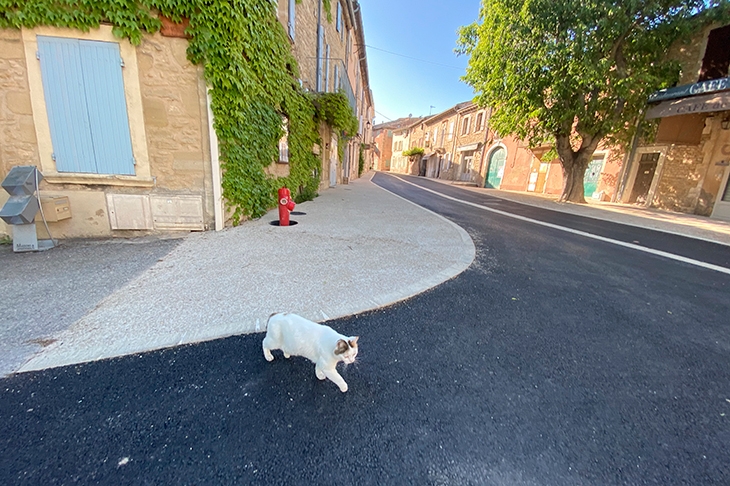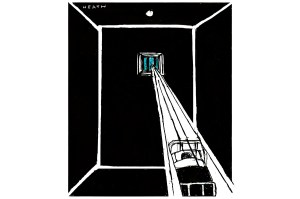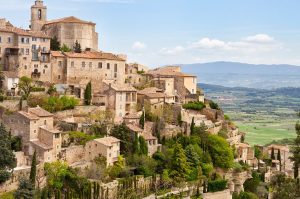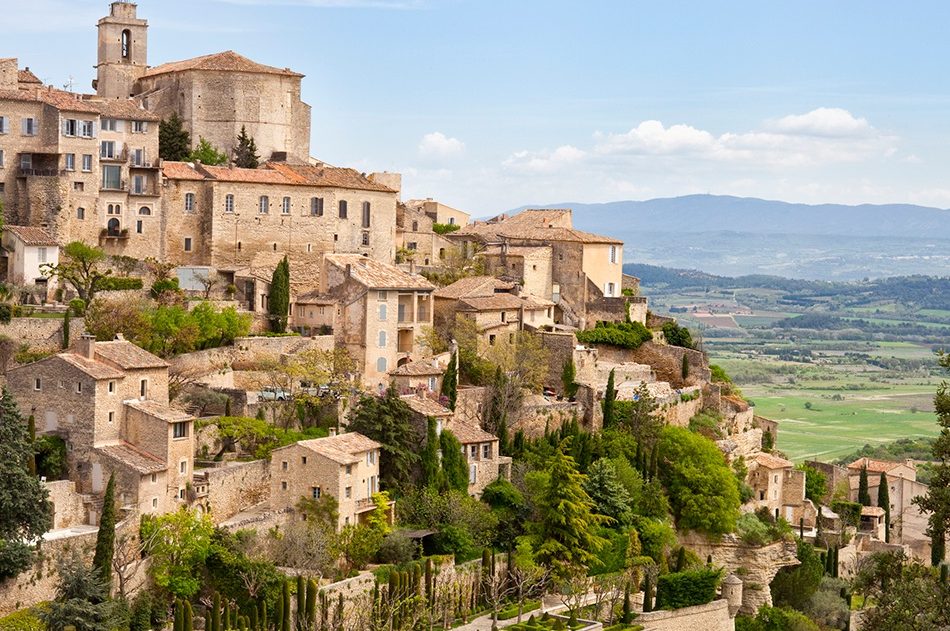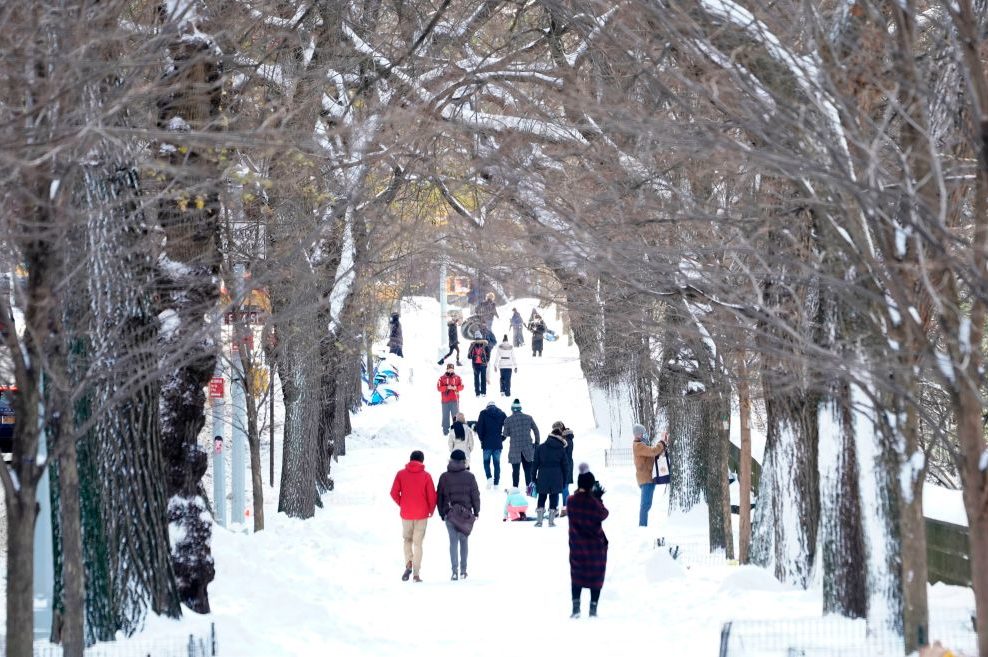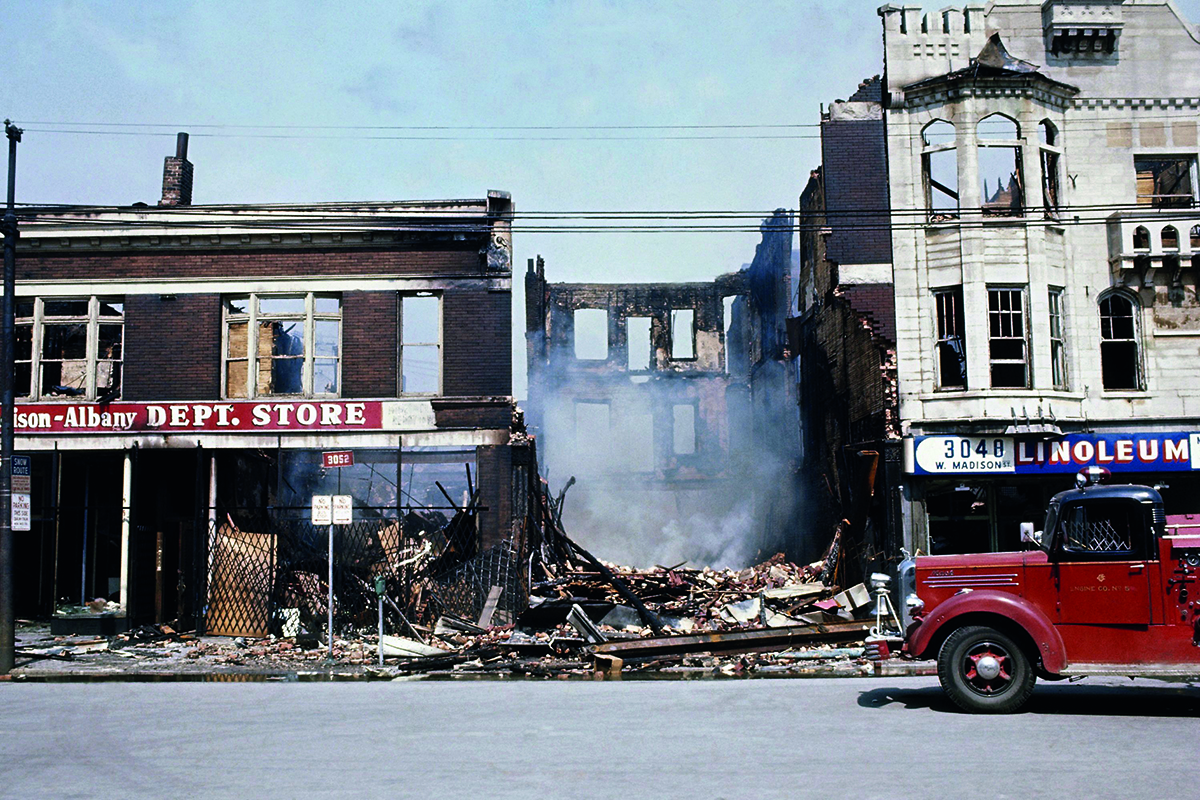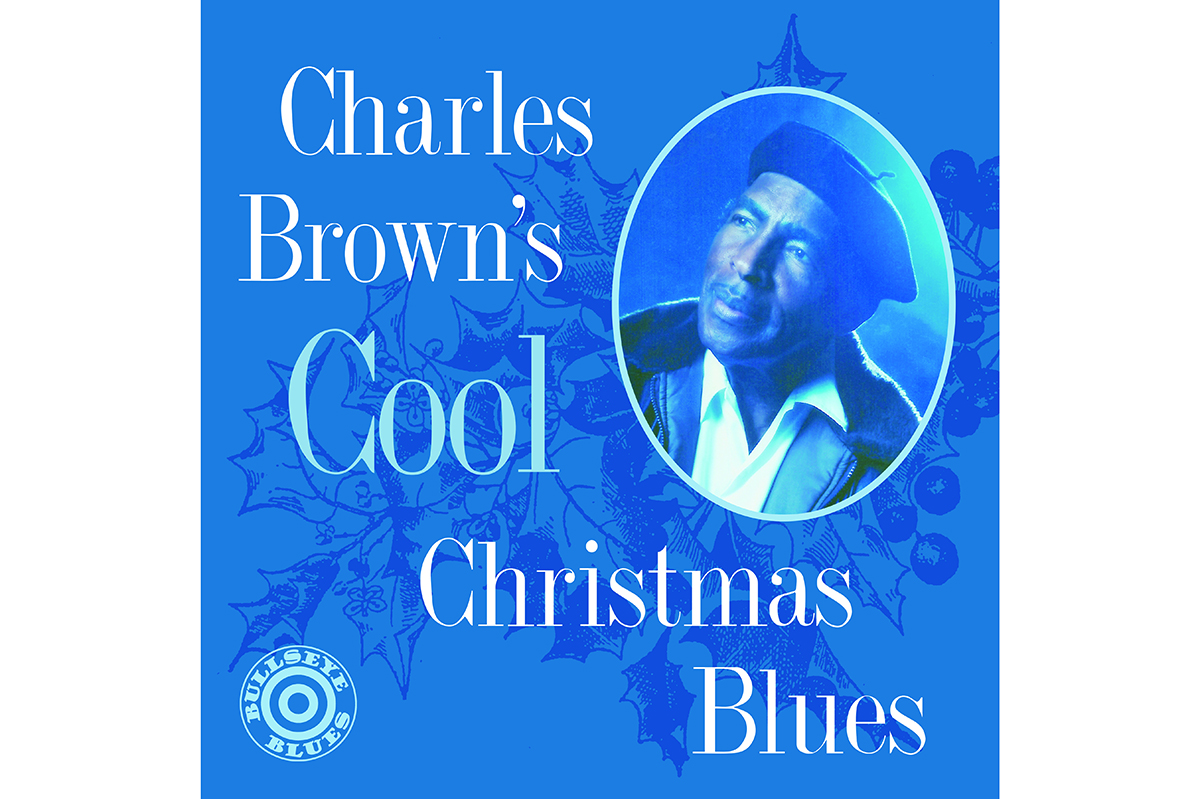Provence-Alpes-Côte D’Azur
A burning ball appears over the brow of the hill at seven o’clock every morning, and then you have roughly two hours to perform outdoor stuff such as shopping. After that you are roasted alive even sitting under a parasol with a hat on or swimming in a pool, and you flee indoors, closing the shutters, doors and windows behind you.
The lizards hide; the birds go quiet. Yesterday I watched Reg, the friendly black carpenter bee who lives in a bamboo pole on the terrace, die from sheer exhaustion. For weeks he’s been terribly busy with the flowers and making love on the wing with a succession of delightful lady carpenter bees, and suddenly he hit the buffers. He hobbled and crawled in a crippled circle, then writhed in his death throes and finally stood on his head and stung himself to death, poor chap. I pushed his corpse into the compost of a tomato plant. Only the ants can stick it, prosecuting their brutal and relentless small wars against other ants with greater fanaticism than ever.
With all sources of daylight shut off and the fan going flat out, this cave in which we live is just about tolerably cool. The old deaf dog sleeps so deeply on the sofa one has to study her rib cage closely to see if she’s still breathing. If she regains consciousness, she pleads rheumily for a walk. Feeling well disposed to the harmless old thing, I sometimes grant her wish in spite of the furnace outside. I show her the lead and she does a little arthritic dance of joy. Out we go. She exits the cave like a greyhound out of the traps and charges down the hill. I follow her down and watch it dawn on her that the outdoor temperature bears little or no relation to the indoor one. After about 400 yards her exuberance evaporates, her charge becomes a walk, then a head-down trudge, and she looks up at me apologetically as I overtake her.
Even the Provençal French see la canicule (‘heatwave’, from the Latin for ‘dog days’) as an ordeal to be endured. The greeting changes from ‘Bonjour!’ to ‘Putain!’ Last year the outdoor thermometer on my car reached 131°F.
Between cool dawn and purple dusk, by far the best part of the day is that moment after lunch when I make my excuses to all and carry the fan and a tall glass of iced lemonade upstairs, remove my shorts and T-shirt and lie on the bed in the darkened room. My habit is to put on the bedside radio, tuned to old editions of the BBC’s In Our Time. Melvyn Bragg and his panel are discussing ‘The Evolution of Horses’, say. I turn down the volume until I can just about make out the boundless intellectual energy in Bragg’s voice, the prelude to an hour or two’s oblivion.
My overwhelming desire for extinction during la canicule is almost sensual. There’s no turning this way and that to find the right sleeping position as there is at night. I lie on my back with my ankles crossed. I might interlace my fingers and lay my hands on my chest as if practicing for my coffin. The back of my head rests in the exact center of the wet pillow.
From outside, muffled by the closed shutters and windows, comes the sound of a dog barking somewhere down in the village, or a motorbike accelerating up the hill. Perhaps I might hear the raised voices of a group of indefatigable French tourists reforming after becoming separated on their steep and dusty climb up to this high ledge. But already my conscious thoughts are melting away to dreaming absurdity as Melvyn starts briskly intoning. All I have to do is let go. Sometimes I might hang on and listen to the first academic’s exposition. More often I slip away the moment my eyes close.
I regain consciousness lying in exactly the same position, thinking half a minute has passed. The day is now well advanced; the glare through the slats less harsh; the ambient temperature now slightly lower than my body. A pigeon is cooing in the cypress tree. And from the kitchen I can hear supermarket ice cubes being shoveled into two tall glasses.
This article is in The Spectator’s September 2020 US edition.



